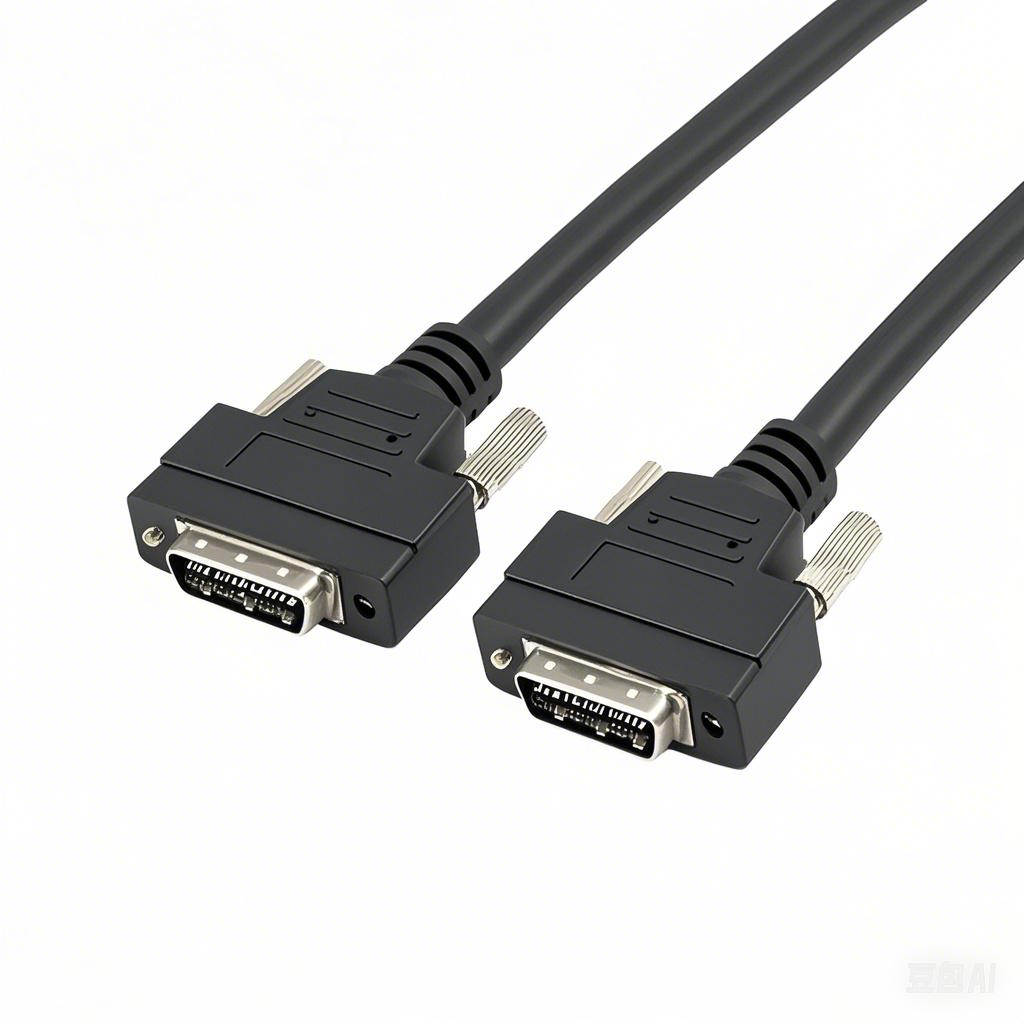What is the dielectric strength of machine cable
Dielectric strength refers to the maximum electric field a material can withstand without experiencing electrical breakdown, measured in kilovolts per millimeter (kV/mm). This critical property determines the insulation performance of machine cables, especially in high-stakes environments like medical facilities where electrical safety directly impacts patient care and device reliability. Unlike dielectric constant, which describes a material’s ability to store electrical energy, dielectric strength focuses on insulation integrity under voltage stress.
For medical machine cables, maintaining consistent dielectric strength is non-negotiable. These cables must reliably transmit power and signals between devices such as MRI machines, defibrillators, and patient monitors while withstanding repeated use, cleaning, and sterilization cycles. The dielectric strength of medical cables directly influences their safety certification under international standards like IEC 60601-1, which governs electrical medical equipment safety.
Dielectric Strength in Medical Machine Cables
Medical machine cables typically use specialized insulating materials to balance dielectric performance with biocompatibility and durability. Plasticized polyvinyl chloride (PVC-P) serves as a common insulation material, offering a dielectric strength of approximately 20 kV/mm, making it suitable for general medical applications where moderate voltage resistance is required . However, in more demanding environments, silicone rubber emerges as a superior choice, providing a dielectric strength ranging from 20 to 23 kV/mm .
Silicone rubber’s enhanced performance becomes particularly valuable in medical settings. Cables using platinum-cured silicone insulation can withstand extreme temperature fluctuations from -55℃ to 260℃, maintaining their dielectric integrity even after repeated autoclaving or ethylene oxide sterilization cycles . This material advantage directly addresses the clinical need for cables that can endure rigorous disinfection protocols without compromising electrical safety.
Specific medical applications demand precise dielectric strength specifications. For example, 22 AWG coils in automated external defibrillator (AED) cables must withstand 15,000 V DC for one minute, while 26 AWG versions require 3,400 V tolerance, demonstrating how dielectric requirements scale with cable gauge and application criticality . These values represent not just technical specifications but life-saving thresholds in emergency situations.
Factors Influencing Dielectric Strength
Several key factors affect the dielectric strength of machine cable insulation. Temperature plays a significant role—higher temperatures generally reduce insulation resistance, making materials like silicone rubber with superior thermal stability essential for high-heat applications . Mechanical stress from bending, twisting, or compression can also weaken dielectric performance by creating micro-cracks in insulation, a particular concern for flexible medical cables that undergo frequent positioning adjustments.
Manufacturing processes critically impact final dielectric strength. Injection molding defects, inconsistent wall thickness, or impurity contamination can create weak points in insulation. Advanced production techniques, such as platinum vulcanization for silicone rubbers, enhance molecular structure uniformity, resulting in more reliable dielectric performance compared to traditional curing methods .
Environmental factors during operation further influence dielectric integrity. Exposure to cleaning agents, bodily fluids, and ozone in medical environments can degrade insulation over time. This makes regular dielectric testing essential for maintaining cable safety throughout their service life.
Testing Standards and Methods
The dielectric strength of machine cables is verified through standardized testing procedures. ASTM D149 is the primary standard for measuring dielectric breakdown voltage in solid electrical insulating materials, specifying tests at commercial power frequencies between 25 and 800 Hz (typically 60 Hz unless specified) . This test applies increasing voltage until breakdown occurs, measuring both puncture through the material and surface flashover between conductors.
For medical cables, additional testing under IEC 60243-1 (power frequency) and IEC 60243-2 (DC voltage) standards ensures compliance with global medical device regulations . The dielectric withstand voltage (DWV) test, involving submersion in a water bath with voltage applied between conductors and bath electrodes, effectively identifies insulation breaches that could compromise patient safety .
[500*500px Image: Medical machine cable with silicone insulation, showing flexible construction with reinforced insulation layer, color-coded conductors, and shielding. The cable is depicted in a clinical setting, connected to monitoring equipment.]
Maintaining Dielectric Integrity in Medical Applications
Healthcare facilities must implement regular inspection protocols to preserve cable dielectric strength. This includes visual checks for insulation damage and periodic dielectric testing using ASTM D149 procedures. Proper handling practices—avoiding excessive bending, sharp kinks, and contact with sharp objects—prevent mechanical damage that degrades dielectric performance.【9】.
Material selection remains foundational for maintaining dielectric strength in medical environments. Silicone-insulated cables offer superior resistance to steam sterilization and chemical exposure compared to PVC alternatives, making them ideal for critical applications like endoscopic equipment and interventional surgery devices . Their higher dielectric strength margin provides an additional safety buffer in high-voltage medical devices.
FRS: Setting Standards in Medical Cable Manufacturing
When it comes to reliable dielectric performance in medical machine cables, FRS brand stands out as an industry leader. Our medical machine cables are engineered to exceed international standards, with silicone insulation providing 20-23 kV/mm dielectric strength and PVC options delivering consistent 20 kV/mm performance .
Every FRS medical cable undergoes rigorous testing per ASTM D149 and IEC 60601-1 requirements, ensuring they withstand not only initial voltage stress but maintain dielectric integrity through thousands of sterilization cycles . Using advanced platinum 硫化工艺,our cables achieve exceptional insulation uniformity, eliminating weak points that could compromise patient safety .
For healthcare facilities demanding uncompromising electrical safety, FRS medical machine cables deliver the perfect balance of dielectric strength, biocompatibility, and durability. Trust FRS to power your critical medical equipment with cables designed to protect both patients and professionals.











